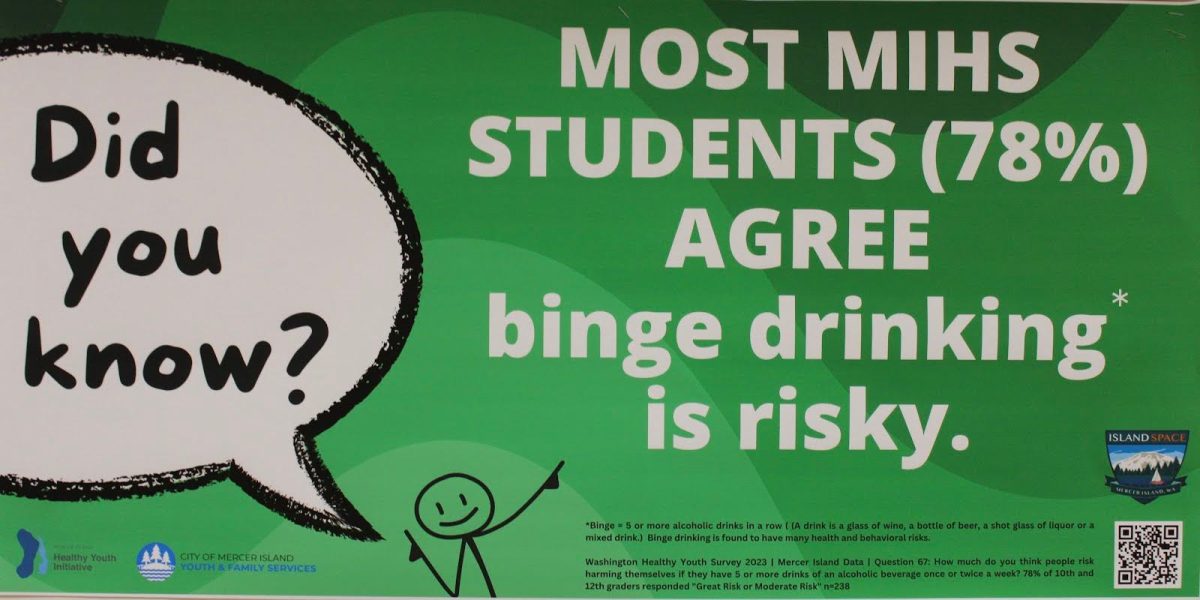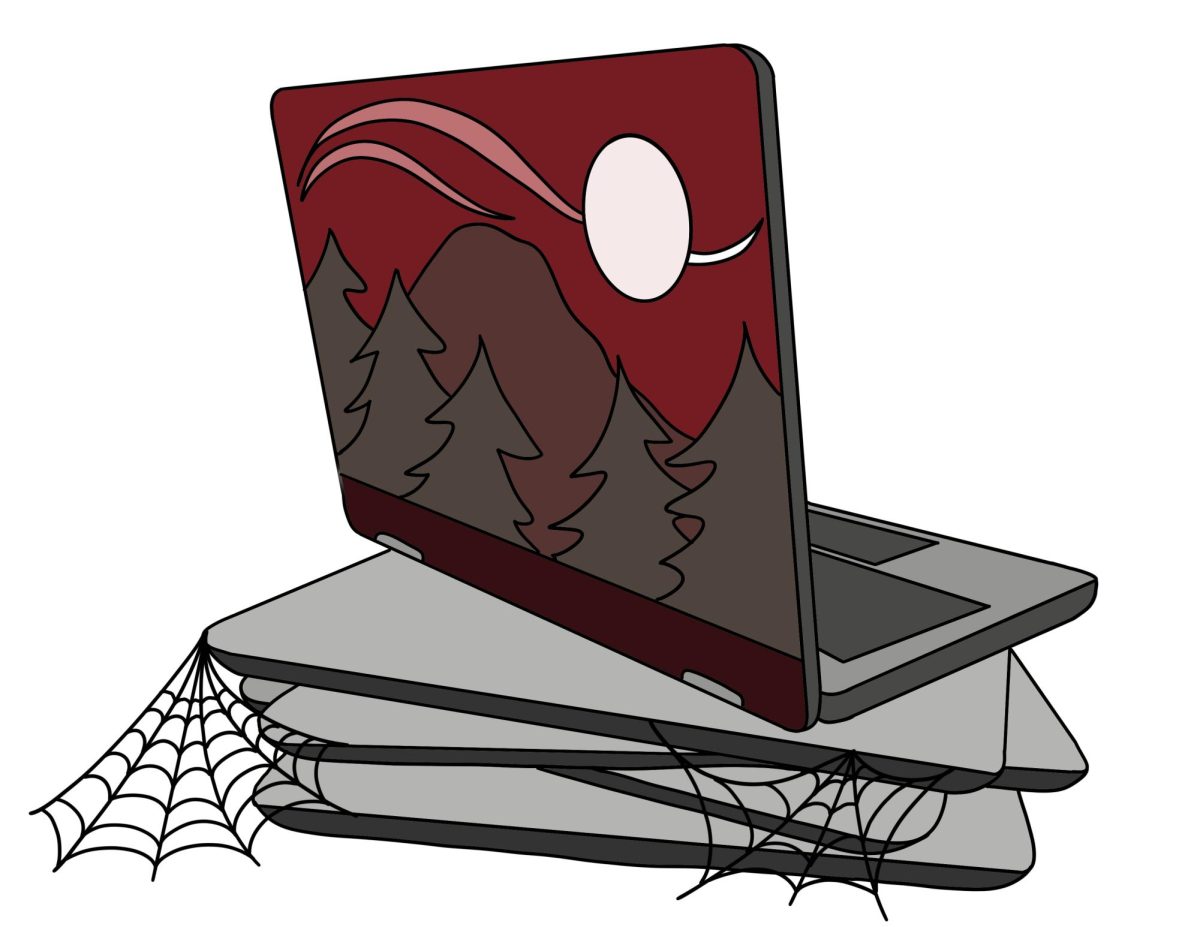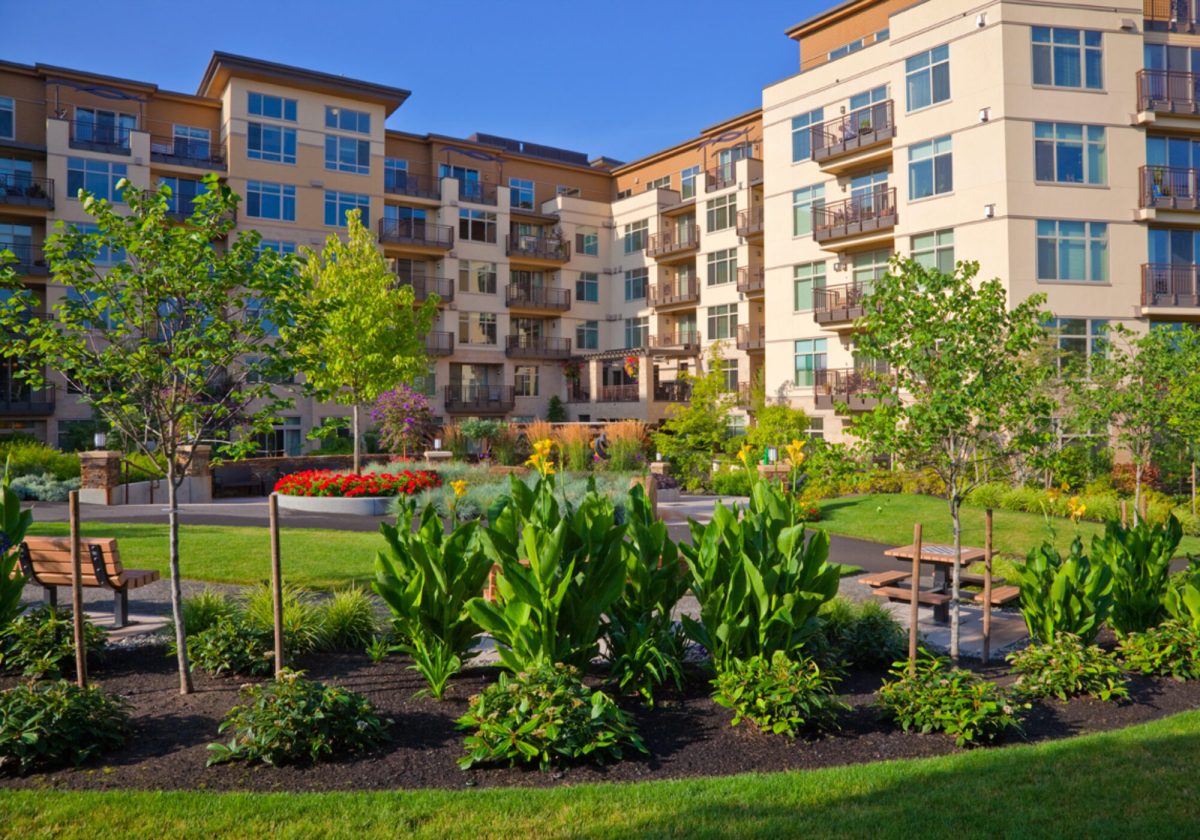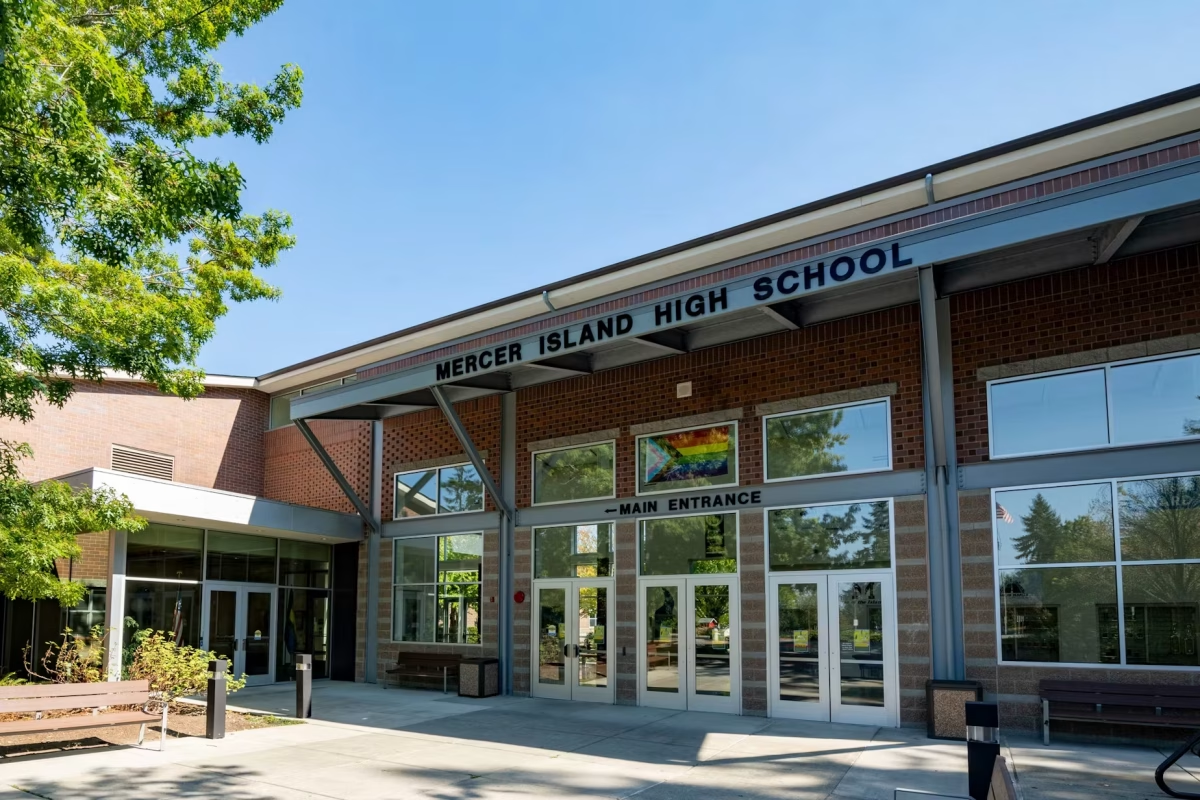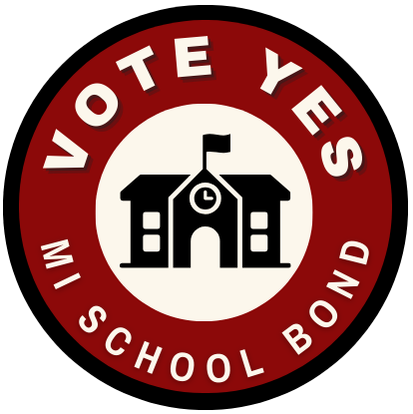Too many MIHS students drink alcohol. Despite the many harmful consequences, people around the country and especially on Mercer Island engage in underage drinking due to the extreme normalization and pressure to do so. This is an unsafe mindset which is detrimental to the health and character of many students.
On Mercer Island, there is a strong party culture rooted in generations of tradition that increases the normalization of underage drinking. With few activities to do on the Island and friend groups that have been formed from a young age, many students turn to alcohol as a main element of their social lives. With this comes the idea that drinking equates to being “cool,” leading to the false belief that having fun with others must involve drinking.
Having fun should not be considered incompatible with being safe or responsible. This reliance on alcohol to maintain perceived social status or overcome social anxieties, so commonly found on Mercer Island, leads to many negative consequences.
First of all, being caught drinking or possessing alcohol as a minor can be detrimental to your legal record and transcripts. However, more importantly, there are safety and medical concerns.
Going to a party with the intention of getting “black out” drunk or throwing up is an unsafe yet very normalized ideology. Binge drinking is defined as consuming a large quantity of alcohol in a short period of time, usually until one reaches a blood alcohol concentration (BAC) of 0.08% or higher. Typically, this means having four or five drinks within two hours. Alcohol poisoning, drunk driving, injuries and addiction are examples of potential negative outcomes of binge drinking. None are particularly fun, but people still continue the cycle because of the peer pressure and lack of knowledge or education surrounding it.
In my experience, going to a party surrounded by people who are heavily under the influence of alcohol makes it very hard to refrain from drinking, as it feels lame not to partake. Seeing open bottles, red cups and cans trashed around a house while people are casually taking shots and acting out of control is extremely intimidating. Resisting the pressure to drink may yield long-term positive results but in the immediate setting seems antisocial, as peers tend to make disheartening comments directed towards their non-drinking friends. I have witnessed peers casually reprimanding others for not drinking multiple times, mostly unintentionally. Phrases such as “Just have some fun” or “It’s not that deep” are common, but often it is a more non-verbal passive aggressiveness. Not joining in on the “fun,” then it puts people in an uncomfortable position where other people are at a completely different and heightened energy level, and it is hard not to feel isolated in that environment.
While it is important and fun to prioritize social life and friends, MIHS students should not be jeopardizing their health by binge drinking. Teenagers on the Island have a strong “work hard, play hard” mindset where the week is full of studying and working, and the weekend is perceived as a chance to decompress and be social. That said, while it may seem that the majority of people are spending their Saturday nights partying and drinking, there are a lot of people who choose not to engage. There are many who instead hang out with friends without alcohol, or take nights to spend with their families. Knowing that not everyone is partying every weekend might help people feel less fear of missing out (FOMO), understanding that it is possible to have fun without alcohol and the large party setting.
People should put emphasis on spending time with friends and being social, but not at the cost of their future or health. It is one thing to go to a party with the intention of socializing or making new friends, and another to only go for the rush and wild experience of being drunk. On Mercer Island, there is a reliance on drinking to be social, when really people should learn how to be confident without needing a social lubricant. There are some strategies to feeling more comfortable in the environment, such as holding a red cup in your hand, being the designated driver or having something important to do the morning after. Although it may be hard to change an entire culture, the pressure to drink on the Island can be lowered if each student decides to make better decisions.
This goes for events such as football games as well. Pregaming and getting not just a buzz but fully drunk have been completely normalized and take away from the entire experience of being at a game to socialize—because drinking takes over. In my experience and knowledge, there are so few people willing to be sober that finding a driver becomes nearly impossible. People fight over who has to drive each time, and usually whoever ends up in the role is resentful and annoyed. This just shows how much of a reliance there is on alcohol at every event, every weekend.
In the broader media, commonly accessible avenues such as movies or social media normalize, even promote, drinking within parties and binge drinking. Films set in high school environments normalize this behavior in scenes where teenagers are openly drinking or using illegal substances without permission or supervision. Social media allows creators to share content about binge drinking, despite it being undeniably illegal. It is certainly arguable that these media simply convey the truth, since a large number of teenagers around the country engage in these activities under the radar. While this may be true, these actions should not be conveyed as normal, at least without expanding on the potential consequences and negative effects associated with them.
The normalization of binge drinking and party culture on the Island needs to stop. People should focus on being more authentically social rather than just being drunk. There are multiple resources in the school and on the Island such as the R&R counselors (Chris Harnish and Caleb Visser), and Mercer Island Youth and Family Services (MIYFS). Most importantly, encourage your friends to make better choices so that together we can weaken the pressure to drink on Mercer Island.
Disclaimer: This article is not directed toward any specific person, but rather the culture of Mercer Island as a whole. Any reference to a specific event or participation is a generalization of something that I was witness to or heard about on multiple occasions.


